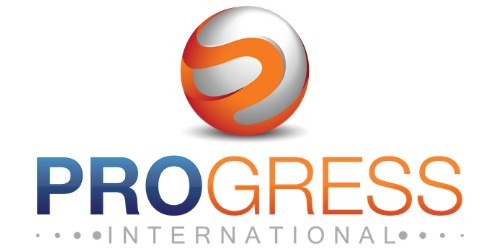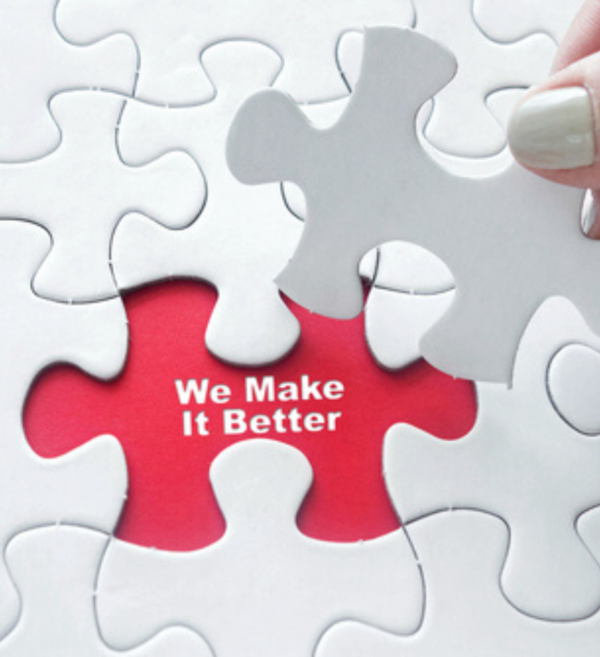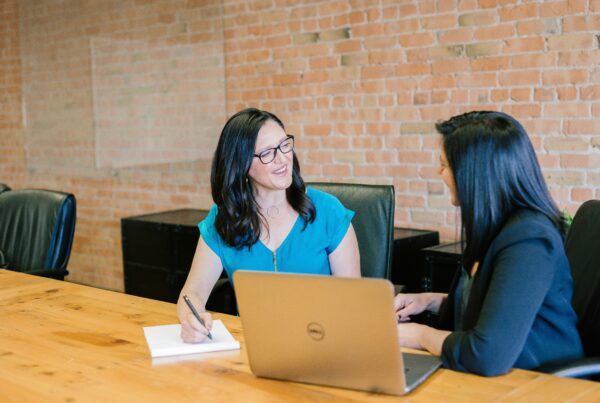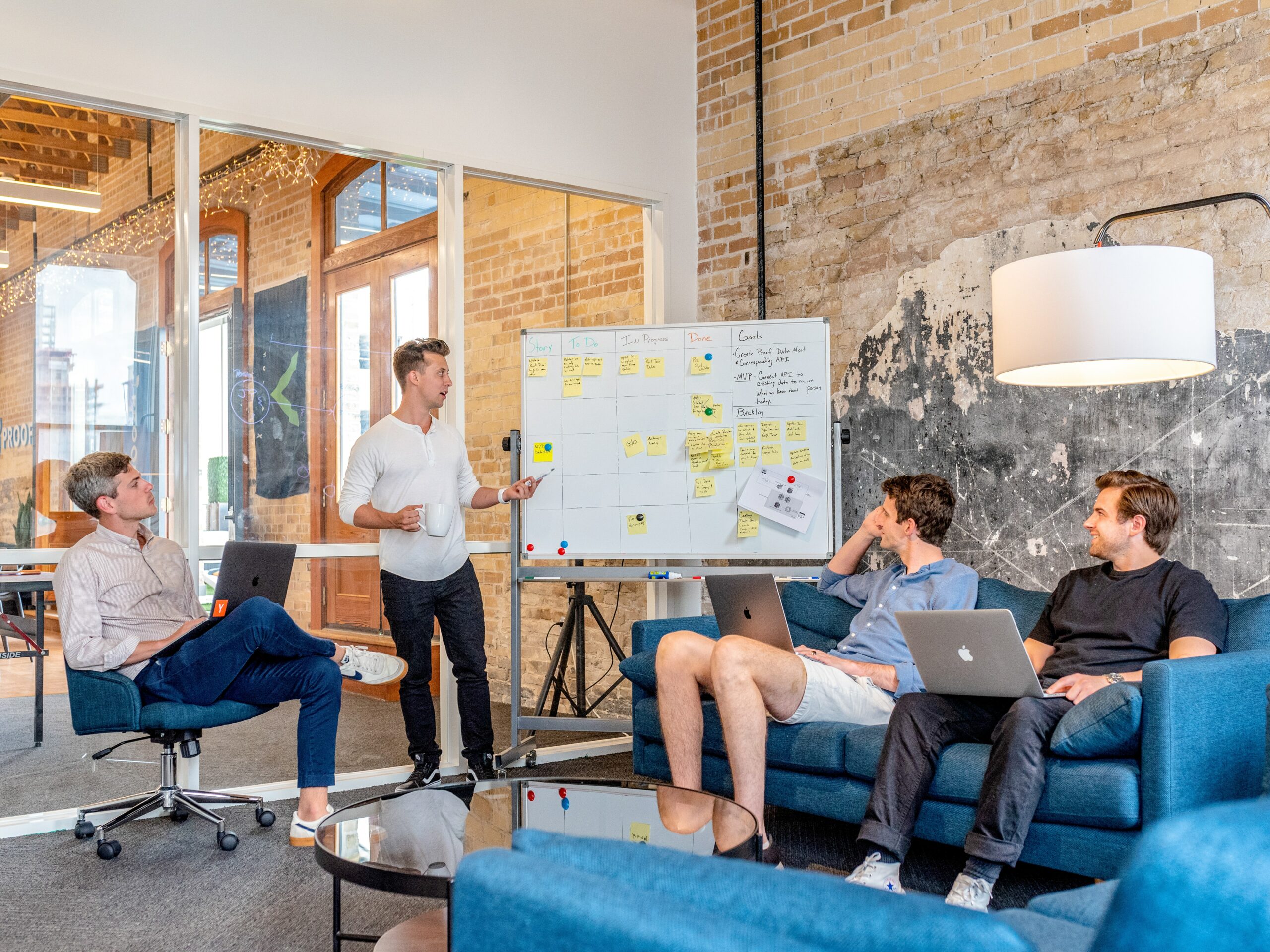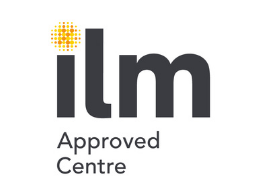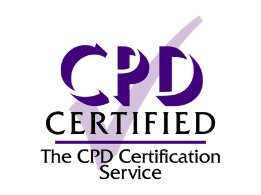Building Personal Resilience
 The more protected and cosseted people become, the more they have ‘things laid out for them’, the less they need to develop their resourcefulness and resilience skills. The more decisions and choices are taken away from people and the more stifling controls and rules are in place, the less they think for themselves and more they fall into a conditioned mindset. Learned helplessness.
The more protected and cosseted people become, the more they have ‘things laid out for them’, the less they need to develop their resourcefulness and resilience skills. The more decisions and choices are taken away from people and the more stifling controls and rules are in place, the less they think for themselves and more they fall into a conditioned mindset. Learned helplessness.
And for many, that mindset is a ‘comfort zone’ which is actually not very comfortable. At work, people with low resilience can be victims of circumstances and are unable to give their best and this often affects the performance and motivation of colleagues.
With the onset of modern-day pressures and challenges, in and out of work, each of us will benefit from the resilience to be able to bounce back after setbacks and to a degree, live with an element of acceptance of frustrations around us. Our self-esteem, our mental and emotional health and ability to thrive and develop relies on resilience.
Choices that will help to develop resilience
Acceptance of certain aspects of your circumstances.
Sometimes, when there is absolutely nothing we can do to change a situation – acceptance is very powerful. Struggling will only make us more frustrated and increase our sense of powerlessness. Acceptance reduces the tension and allows us to control that which is controllable. .
Lifestyle choices
Much has been written on this topic and good nutrition, exercise, restful sleep, a positive
mindset and not taking on too many challenges at one time all make sense. Work too needs to be something we care about and that allows us to use our skill and talent. Whatever a balanced lifestyle is for us, it helps to think about the energy we have available and how much time we have to devote to what is important.
Clear sense of purpose
Having a clear sense of purpose shared by others at work is very focussing. Finding blockages and diversions from what we are trying to achieve can be very frustrating and disappointing. For the short term, acceptance helps and for the longer term we can either redefine our sense of purpose or seek a different opportunity to fulfil that sense of purpose.
Ability to develop multiple perspectives
How we ‘see’ things and interpret them will generate our emotional reactions. Getting a range of fair and reasonable perspectives gives greater flexibility to thinking and beliefs and is a core tool in ‘Cognitive Behavioural Therapy’. Having choices directs our energy away from being ‘trapped’ or ‘victimised’. Making those choices conscious is very empowering.
Personal challenge
There is nothing more dangerous than a comfort zone in a world that is constantly changing and demanding different things of us. The longer we have been in a comfort zone the harder it is to come out of it. Finding new challenges keeps you in the learning zone, accepting that sometimes failure happens and learning from it makes us very resilient.
Keep setbacks in perspective
Any knock-backs we get in life can be significant moments of learning. We can feel disappointed briefly then get back on with our lives. Keep your narrative working for you – reframe things, find the silver linings and know that the setback will pass.
Meditate
Some find great calmness in adopting yoga positions and breathing deeply for an hour. Not all of us have the space, time or inclination to use the more traditional methods but then we don’t necessarily have to. Whatever activity allows us to focus on that activity to the complete exclusion of all else, can be an excellent form of meditation. The trick is to be totally present and mindful so that all else is temporarily forgotten.
Sense of humour
A good sense of humour has many benefits. Appropriately used humour can keep mindsets lighter to be able to deal better with tough challenges more easily. Being able to smile at ourselves is also very powerful and can take us from an over-serious state to one which is more resourceful.
Curiosity and willingness to learn
Having an open mind and being very willing to learn (including the willingness to be wrong) creates a great sense of freedom. Open mindsets invite learning, creativity and more possibilities.
Don’t be afraid to make decisions
Whilst making a bad decision can get us into trouble, having too many options to think about can be as bad as no options. Filtering out the options that are less tenable, identifying the benefits and consequences of each option will allow us to make those decisions.
Determination to face your fears
Having the courage and determination to face your fears diminishes the power of those fears. So many people have dealt with whatever made them anxious before they dealt with it and reported afterwards how relieved, glad or pleasantly surprised they became. The more we do this the less fears we have.
Practice letting go
Holding on to negative experiences, hurts, slights, traumas etc. only weighs people down. Practicing letting go, forgiving, being compassionate and most importantly be kind to ones ‘self is highly beneficial.
Enjoy being Resilient
Next Steps
If you would like to explore how we can develop to develop their personal resilience, please contact us today on 01252 737526 or info@progressint.com
